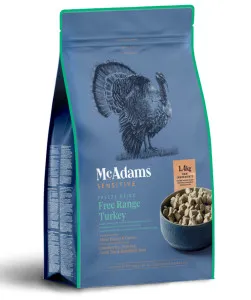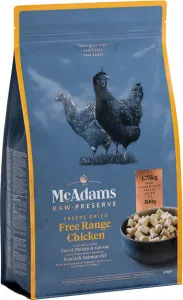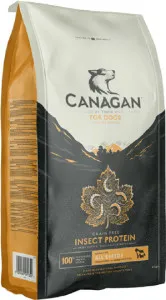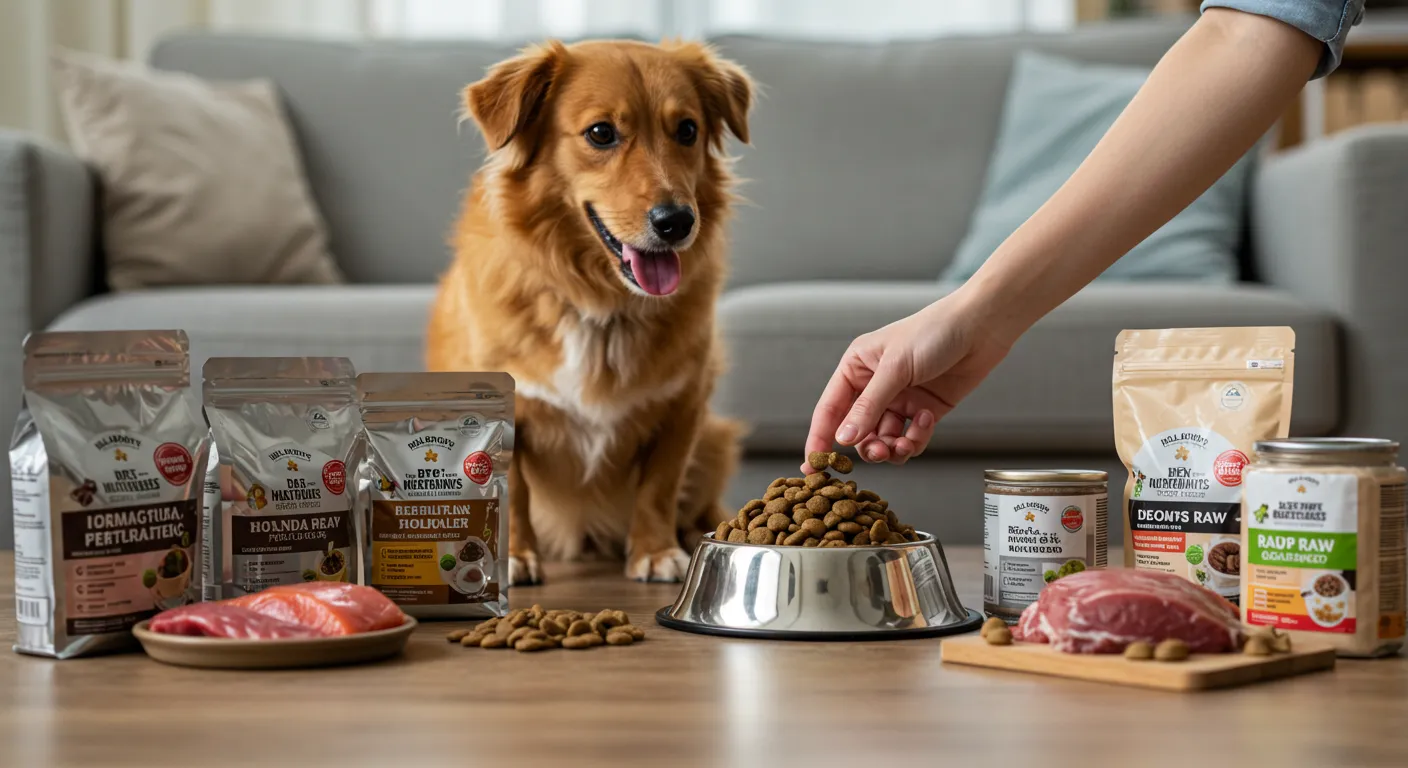Which Food Is Best for My Pet? A Complete Guide
Choosing the right food for your pet can feel overwhelming with so many options available. Whether you have a dog, cat, rabbit, or bird, their nutritional needs vary greatly. In this guide, we’ll break down the best food choices for different pets, helping you make an informed decision for their health and happiness.
Understanding Your Pet’s Nutritional Needs
Every pet has unique dietary requirements based on their species, age, weight, and health conditions. Here’s a quick overview:
- Dogs: Need a balanced diet of protein, fats, and carbohydrates, with essential vitamins and minerals.
- Cats: Obligate carnivores requiring high-protein diets with taurine, an essential amino acid.
- Small mammals (rabbits, guinea pigs): Require fiber-rich foods like hay, fresh veggies, and limited pellets.
- Birds: Need seeds, pellets, fruits, and vegetables, depending on the species.
- Protein sources: Chicken, beef, lamb, or fish should be the first ingredient.
- Healthy fats: Omega-3 and omega-6 fatty acids support skin and coat health.
- Carbohydrates: Whole grains like brown rice or sweet potatoes provide energy.
- Avoid fillers: Corn, soy, and artificial preservatives offer little nutritional value.
- Wet vs. dry food: Wet food provides hydration, while dry food helps with dental health.
- High-protein content: Look for at least 30-40% protein from meat sources.
- Taurine: An essential nutrient for heart and eye health.
- Limited carbs: Cats don’t process carbs well, so avoid grain-heavy formulas.
- Hay: Timothy hay should make up 70-80% of their diet.
- Fresh vegetables: Leafy greens like kale, spinach, and parsley.
- Limited pellets: Choose high-fiber pellets without added sugars.
- Fresh water: Always available and changed daily.
- Pellets: Formulated to provide balanced nutrition.
- Seeds: Should be a treat, not a primary food source.
- Fruits and veggies: Apples, carrots, and leafy greens are great options.
- Calcium sources: Cuttlebone or mineral blocks for strong beaks and bones.
- Overfeeding: Leads to obesity and related health issues.
- Ignoring life stage needs: Puppies, adults, and seniors have different nutritional requirements.
- Feeding human food: Some foods, like chocolate or onions, are toxic to pets.
- Skipping vet advice: Always consult a professional before making dietary changes.
- Start slow: Mix 25% new food with 75% old food for a few days.
- Gradually increase: Adjust the ratio over 7-10 days until fully switched.
- Monitor reactions: Watch for vomiting, diarrhea, or loss of appetite.
- Stick to a schedule: Consistency helps pets adjust better.
If you’re unsure where to start, our Pet Food Analyzer can help you compare different brands and ingredients to find the best match.
Best Food for Dogs
Dogs thrive on high-quality commercial or homemade diets. Here’s what to look for:
For puppies, seniors, or dogs with allergies, specialized formulas are available. Always consult your vet before switching foods.
Best Food for Cats
Cats are obligate carnivores, meaning their diet must be rich in animal protein. Consider these factors:
If your cat is picky, try rotating flavors or using our Pet Food Analyzer to find a brand they’ll love.
Best Food for Small Mammals
Rabbits, guinea pigs, and other small pets need a diet rich in fiber to support digestion:
Recommended Products

McAdams Freeze Dried Free Range Turkey is an excellent choice for which food is best for my pet?. This dog food contains Boneless Free Range Turkey 86.5% and other high-quality ingredients that promote overall health.

McAdams Freeze Dried Free Range Chicken is an excellent choice for which food is best for my pet?. This dog food contains Boneless Free Range Chicken 86% and other high-quality ingredients that promote overall health.

Canagan Insect is an excellent choice for which food is best for my pet?. This dog food contains Freshly Prepared Insects (27%)* and other high-quality ingredients that promote overall health.
Avoid feeding fruits or starchy veggies in excess, as they can cause digestive issues.
Best Food for Birds
Birds need a varied diet to stay healthy. Here’s what to include:
Always research your bird’s specific dietary needs, as some species have unique requirements.
Common Pet Food Mistakes to Avoid
Even well-meaning pet owners can make mistakes when choosing food. Here are some pitfalls to watch for:
How to Transition Your Pet to a New Food
Switching foods abruptly can upset your pet’s stomach. Follow these steps for a smooth transition:
If your pet struggles with the change, our Pet Food Analyzer can help you find a more suitable option.
Final Thoughts
Choosing the best food for your pet is one of the most important decisions you’ll make as a pet owner. By understanding their nutritional needs and avoiding common mistakes, you can ensure they live a long, healthy life. For personalized recommendations, try our Pet Food Analyzer to compare brands and ingredients easily.
Your pet’s health starts with the right diet—make the best choice today!
